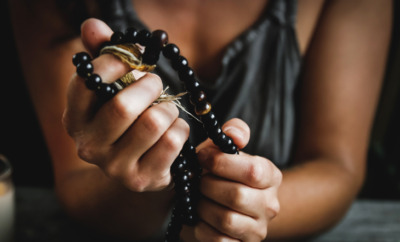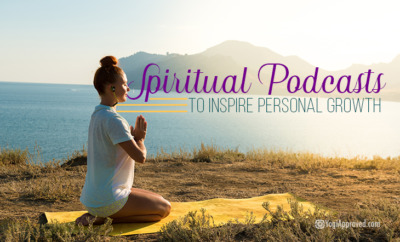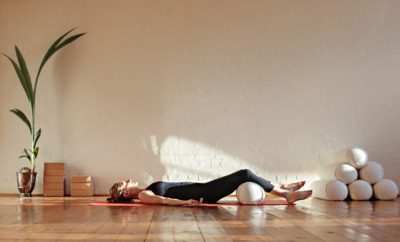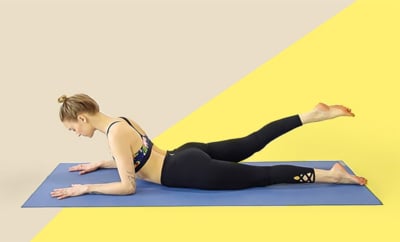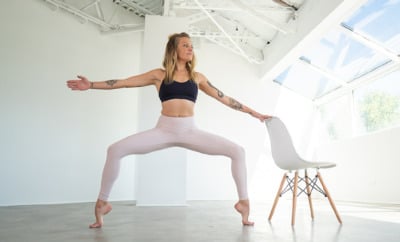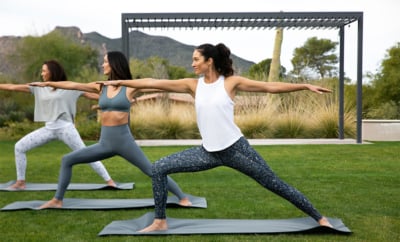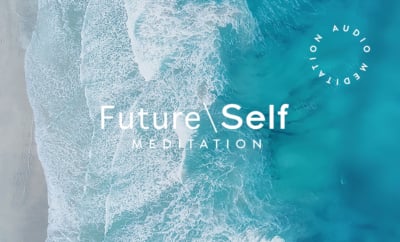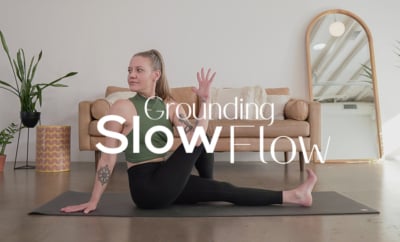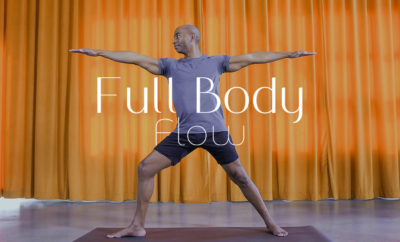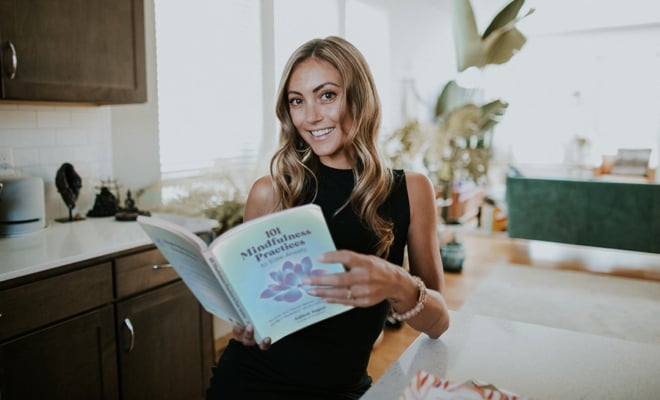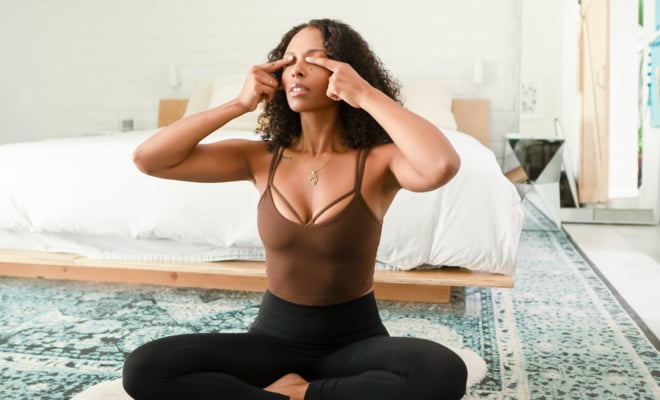Spirituality Alone Won’t Cut It: Here’s Why Yogis Still Need Psychology

yoga and psychology featured
There is a tremendous amount of overlap between yoga and psychology.
Psychology is defined as: “The scientific study of behavior and mind, including conscious and unconscious phenomena, as well as thought.”
Yoga is defined as: “To completely know and be at peace with yourself. To connect, join, or balance.”
By teasing apart these definitions, we can examine the overlap and see how yoga and psychology can be used hand-in-hand for emotional healing and clarity.
The Origins of Yoga
Yoga can be traced back at least 5,000 years, and some believe even as far back as 10,000 years ago. Classical Yoga, based on Patanjali’s “Eight Limbed Path,” contains eight components and steps to achieving enlightenment, or Samadhi. This remains at the core of more modern Yoga approaches.
Each limb focuses on an essential component for creating and living lives of meaning and purpose. From a focus on ethical guidelines and priorities to honoring the body and breath, clearing the mind of clutter, focusing on the present, looking inward, and ultimately achieving enlightenment, we are guided toward emotional, physical, and spiritual health for our self, our community, and the universe as a whole.
The Origins of Psychology
Psychology, while considered much younger than yoga at approximately 150 years old, can actually be traced back to 400-500 BCE in Ancient Greece, where it had a more philosophical emphasis.
By 1879, it evolved into Experimental Psychology, then gradually numerous other approaches developed. By the mid-1900s, there became an emphasis on Humanistic, client-centered approaches.
This means that, as Psychotherapists, we began to adopt a more holistic approach that tended to creativity, free will, and the belief that we all want to move toward self-actualization, or the achievement of our full potential.
So, when we consider the overall purpose of the Eight Limbs of Yoga: directing our emotional, physical, and spiritual lives toward Samadhi, how different is it really from the Humanistic goal of self-actualization? Not very, I would argue!
The focus and direction may differ, but in the end, knowing thyself, finding peace and purpose, connecting with others, and nurturing our community and universe are the primary goals. Wouldn’t you agree?!
Blending Yoga With Psychology
As a Psychotherapist, I find that integrating yoga philosophy and practices into my work with clients brings a richness of experience and potential.
For example, I might help an anxious client shift attention from a future concern to the here and now through pranayama, or breathing exercises, followed by a series of gentle poses to calm them physiologically, and finally a guided meditation and mantra to awaken the senses, accept their current emotional experience, and open them to new possibilities.
“Yoga is the journey of the self, through the self, to the self.” The Bhagavad Gita
When working with a couple, I use the five Yamas as a way of guiding them to an openness with which to explore their relationship. The concept of Ahimsa, or non-harming, is a powerful message for couples that have not felt that they are on the same team, nor have had each other’s backs.
Emphasizing the importance of sharing complaints without lashing out and doing harm to the foundation of the relationship is often a powerful moment, as they realize the need they each have to feel emotionally safe, and to own their part in fracturing that safety.
Incorporating Satya (Truthfulness), Brahmacharya (Fidelity), and Svadhyaya (Self-Study), adds richness to the research-based psychological principles that we know create a connected, committed, and intimate relationship.
When couples are able to ask for what they need, feel heard and validated, have clarity with boundaries, and create a culture of shared dreams and values, they are more able to move through the unavoidable challenges of love!
Yoga also allows me to help clients process emotions as sensations in their bodies. Asking, “Where do you feel that?” helps us to locate the emotion, tend to it, breathe through it, and release it. Yoga sees the body as an endless flow of energy, and tapping into this energy connects the client to the essence of their self, and opens space to connect with their partner.
Why Yogis Still Need Psychology
While yoga focuses on our unity with each other and the universe, psychology addresses our diversity and individual differences. We each come from a unique family of origin, have our own temperament and personality, and have individual life and relationship experiences.
While all that yoga offers through asana, pranayama, and meditation benefits us tremendously, truly knowing and understanding how and why we experience life the way we do, and what is getting in our way, generally requires psychological exploration.
“One does not become enlightened by imagining figures of light, but by making the darkness conscious.” Carl Jung
American Buddhist Psychologist John Welwood coined the phrase “Spiritual Bypassing,” which communicates beautifully some of my concern as a psychotherapist.
When we attempt to avoid our psychological pain through our spirituality alone, we often amplify our emotional pain instead of really looking at it and working through it. Through even some of my own life challenges I have benefited from attending a Restorative Yoga class followed by a session with my own Psychotherapist.
Understanding what our own personal narrative is and bringing our unconscious thoughts to our conscious minds helps us connect the dots in our life. The beauty is that yoga and mindfulness blend together so seamlessly to help us connect with our mental, emotional, and behavioral processes.
As a psychotherapist, I am so incredibly grateful to have these beautiful philosophies and evidence-based techniques to help my clients become emotionally healthy, and create the life they desire.
The Takeaway
There will be suffering in life, and I believe there are many gifts that come from exploring the roots of our suffering. Yoga offers us a container to collect and pay attention to our feelings, and guidelines for living a compassionate and purposeful life.
Psychology offers an understanding of who we are, what our story is, and how to move through our emotional blocks.
Together, yoga and psychology offer the opportunity to create shifts, embrace self-compassion, and find a path toward meaningful, purposeful lives.


This Month's Letter
From the Editor
Monthly motivation and food for
thought from our founder.





